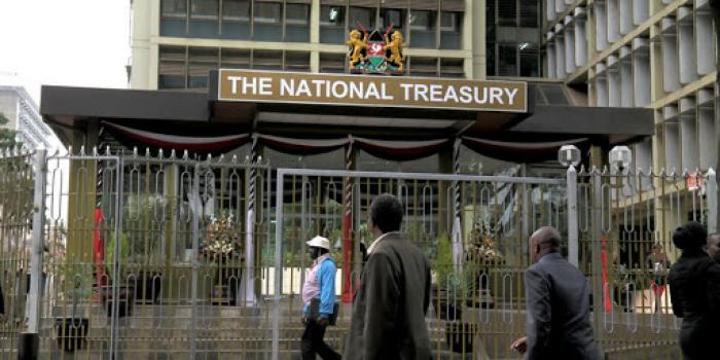Africa-Press – Kenya. Government workers have been warned of a new technology likely to see their pay and allowances reduced in the coming months.
The Salaries and Remuneration Commission (SRC) is in the process of automating the vetting process that can easily capture overpayment and hidden allowances.
The new technology is aimed at capturing the individual workers who are earning above the rates determined by the agency which is in charge of the country’s public wage bill.
In a statement, the commission noted that it was concerned that the allowances division were not being fully disclosed by the beneficiaries and that in some instances they doubled employes’ pay.
The development is a walk away from the manual vetting process that the commission had been using to manage the wage bill hence creating a loophole that allowed individuals to earn more than they deserved.
How it works
The system is expected to have the names of the government institutions as well as the number of employees and their categories which include interns, permanent, contractual or casual workers.
Each individual agency will then be expected to feed the system with its wage bill.
“The system shall counter-check the actual figures from the institutions against the commission approved figures. The system shall be able to raise a red flag where compliance is not adhered to,” read a statement from SRC according to Business Daily.
The system majorly targets to weed out ghost workers who include the dead, retired as well as those who abandoned their duties. It will also unmask workers who are recording hidden charges.
The total annual wage bill today stands at Ksh 800 billion, an increase from the 2013 figure of Ksh458 million.
Allowances are the most affected by the new technology. There are a total of 247 categories of allowance – a significant rise from just 31 in 1999.
The allowances took root in 2015 after the state saw them as a better alternative that would save it from increasing salaries and hence control the pension bill.
The ghost workers have made a return to the payroll in less than five years since some 12,000 workers were kicked out of the system in a crackdown.






